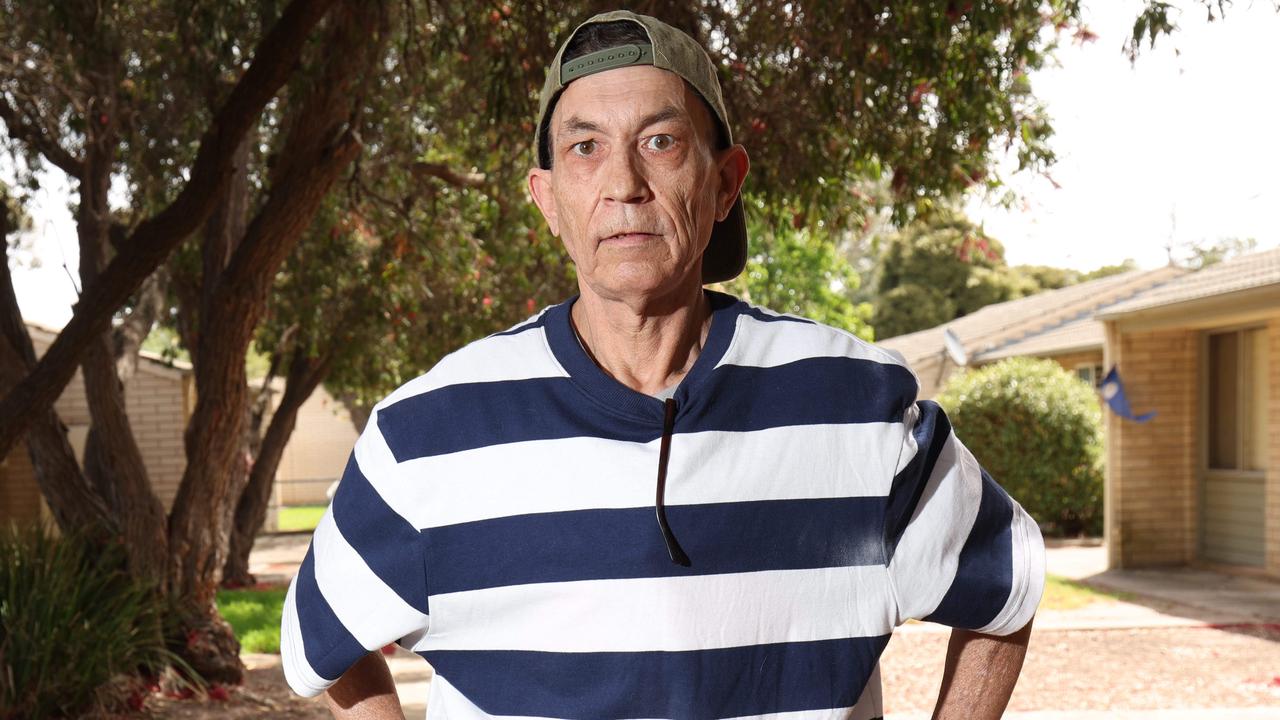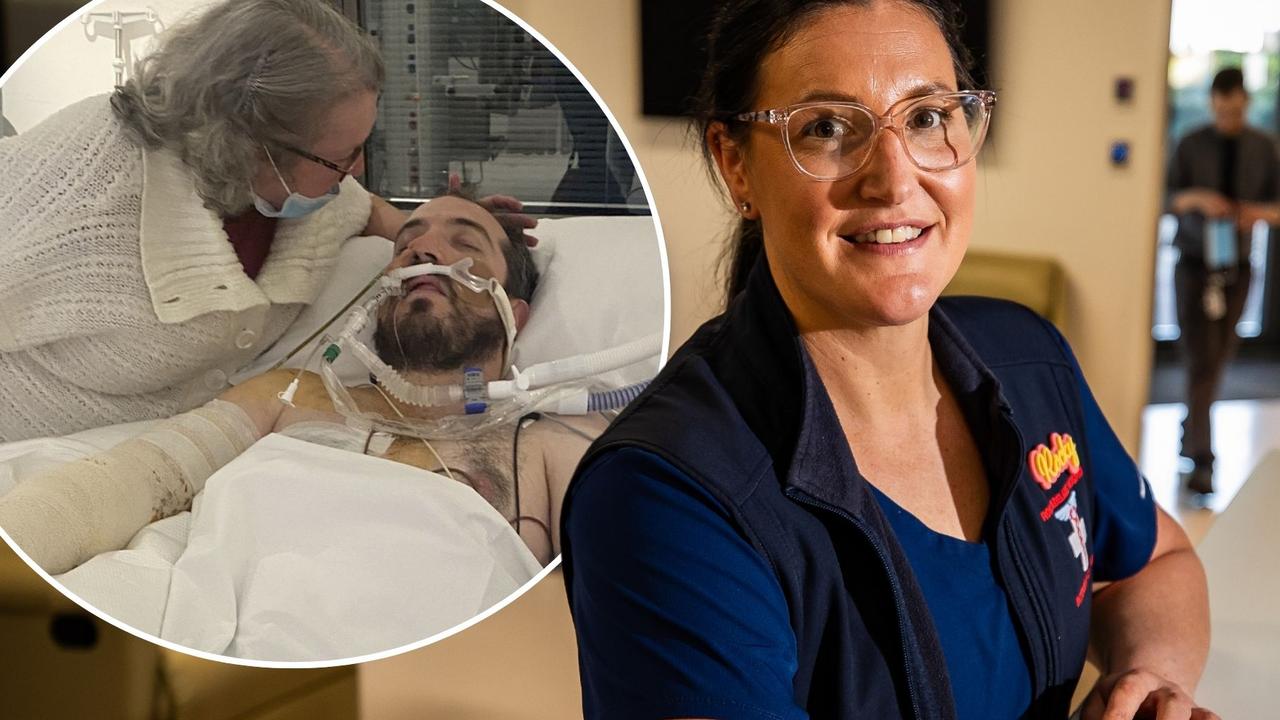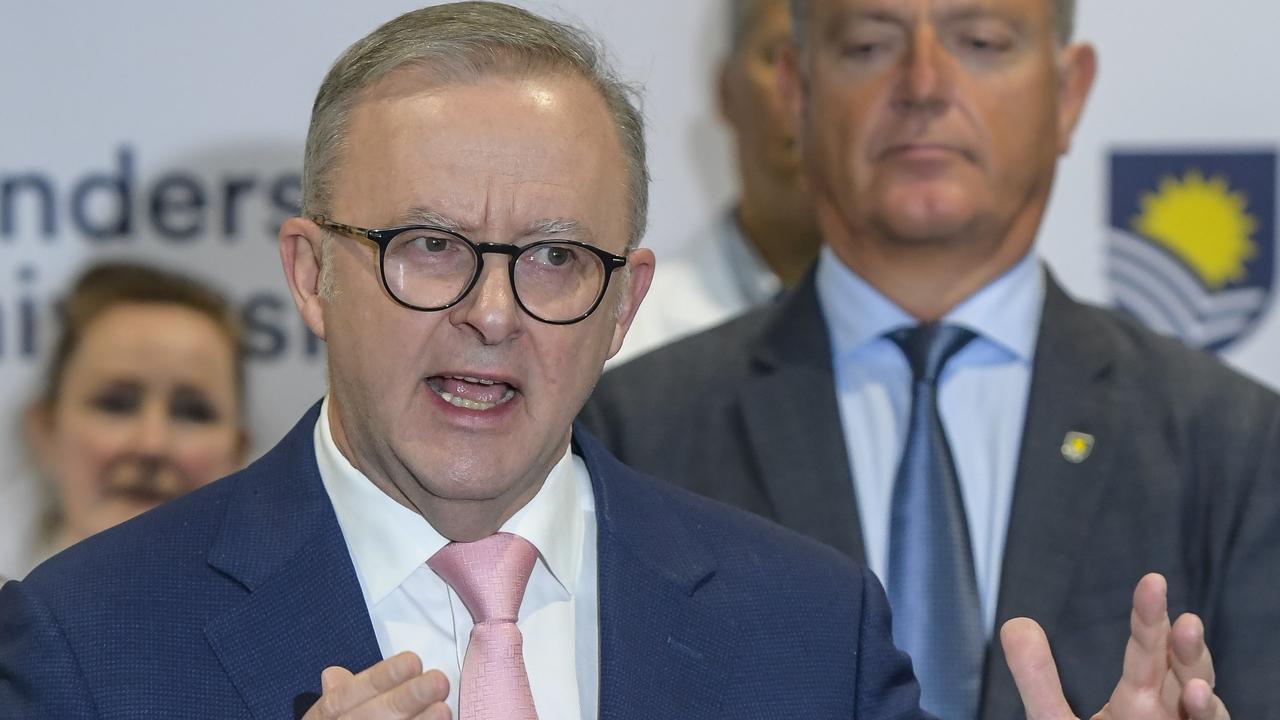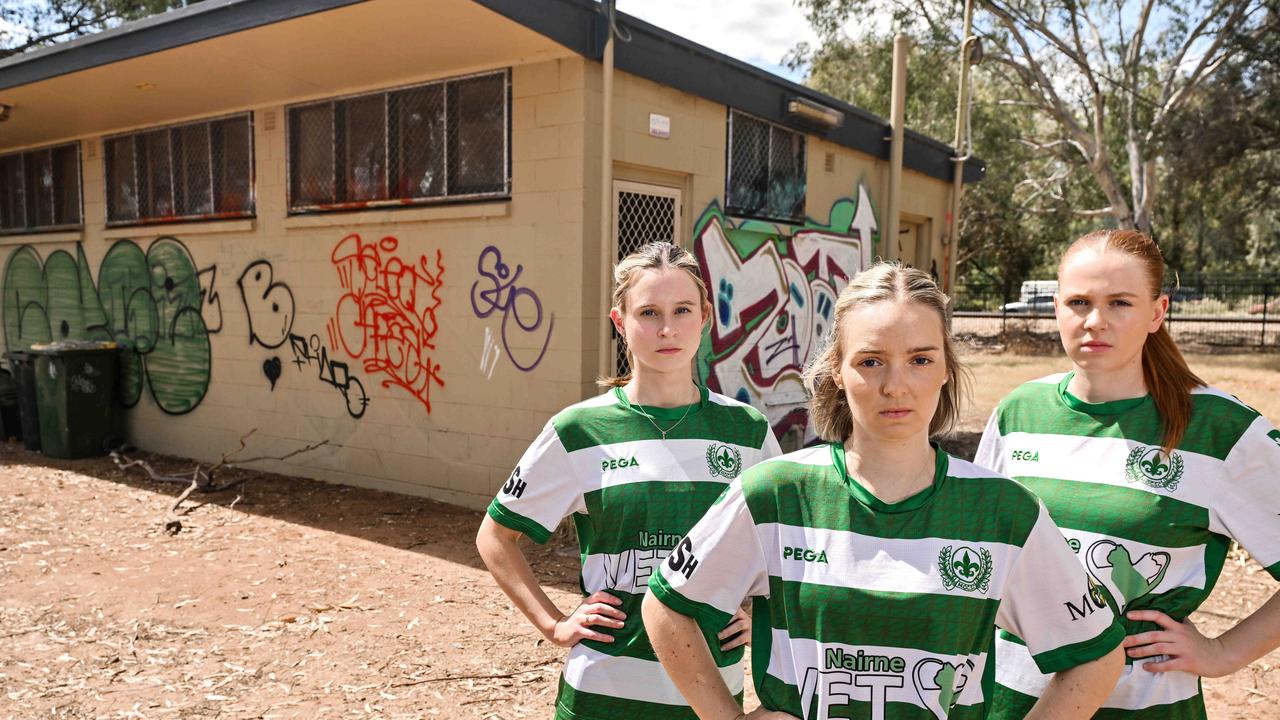South Australian traffic officers tasked with executing almost 250,000 roadside drug and alcohol tests in 2024/25
A secret SA Police directive has revealed the amount of roadside drug and alcohol tests needed to be executed by traffic officers in 2024/25.
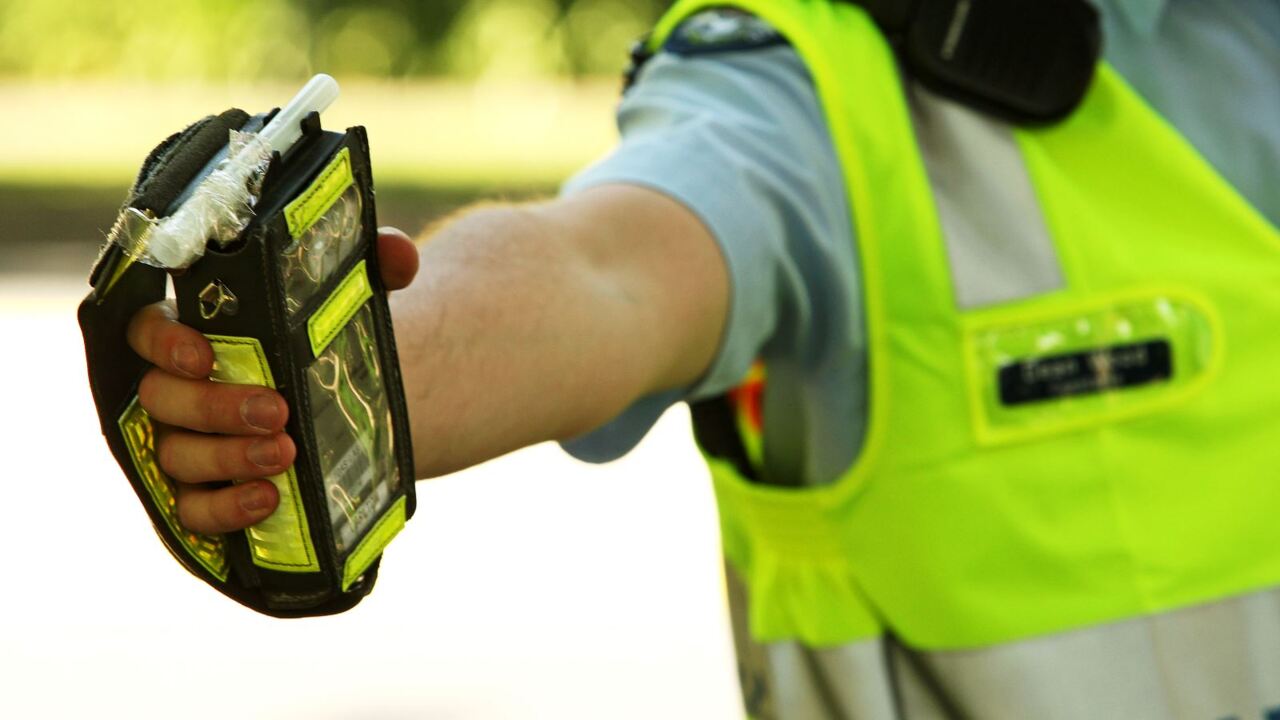
SA News
Don't miss out on the headlines from SA News. Followed categories will be added to My News.
South Australian traffic officers have been tasked with executing almost 250,000 roadside drug and alcohol tests in 2024/25 – and of these, they are expected to record more than 7000 positive results – a secret SA Police directive reveals.
Officers from the Traffic Services Branch are also required to hand out fines or issue cautions for a further 77,000 other driver infringements this financial year, the document – sighted by The Advertiser – shows.
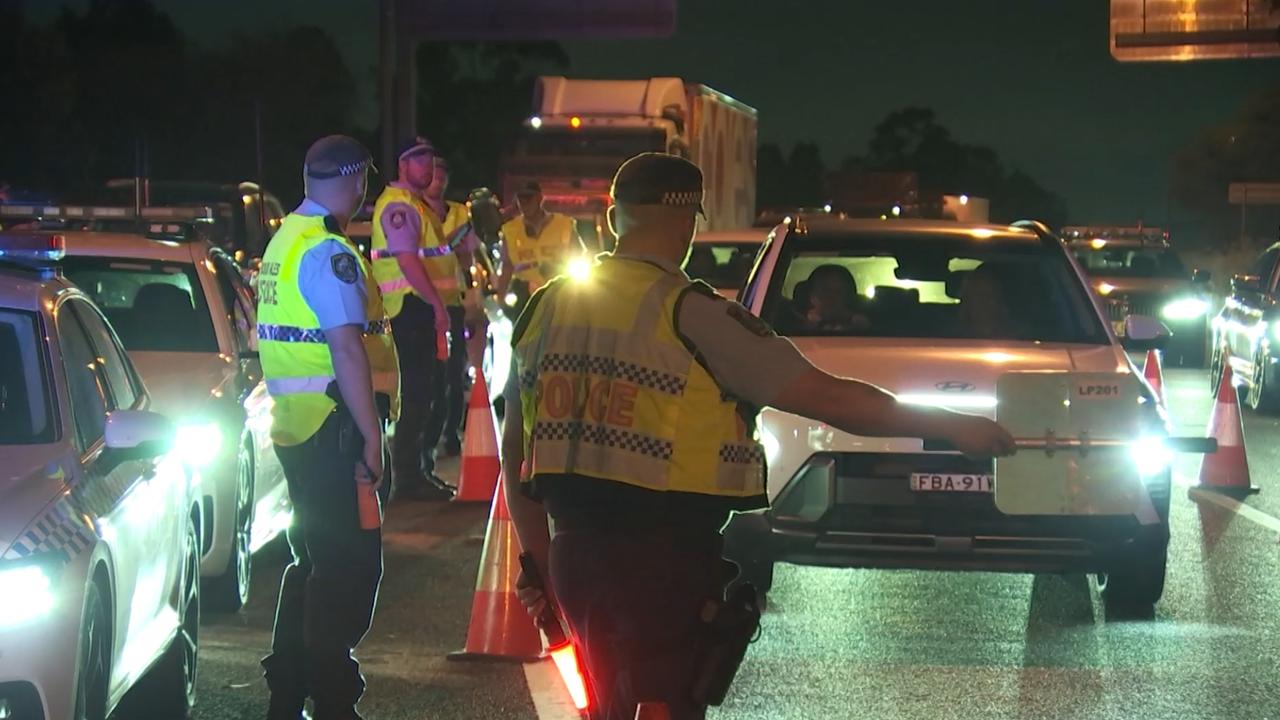
It is understood other branches of SAPOL, including water operations, mounted police, crime scene and dog patrol sections, are also assigned their own traffic targets.
SA Police has long denied it has quotas for traffic fines. The document refers to the objectives as “road safety benchmarks”.
It shows that the Traffic Services Branch – which includes SAPOL’s Major Crash, Road Policing, Highway Patrols, Heavy Vehicle Enforcement, Road Safety and Traffic Operations Escorts sections – is expected to carry out 190,000 alcohol tests, of which 1900 are to be positive, and 55,000 drug tests, of which 5500 are to be positive, in 2024/25.
A further 77,000 ‘road safety contacts’ are also to be made in relation to a variety of offences from speeding, not wearing a seatbelt and driving distracted to more minor infringements, such as not using an indicator and defects.
Officers have discretion to either issue fines or cautions during these road safety contacts.
Differing benchmarks are allocated to each section within the branch and then these are, in practice, broken down to targets for individual officers, with a running tally updated every fortnight.
To date this financial year, the branch has conducted almost 60,000 alcohol tests, with more than 450 returning positive results; and almost 17,000 drug tests, with close to 1300 positives. A further 24,000 road safety contacts have been made.
An officer, who spoke to The Advertiser on the condition of anonymity, said while targets kept police motivated, they also led to a culture of quantity over quality.
“We don’t mind the fact that we’ve got them because if we don’t have them, (officers) become lazy – It’s more that management live and breathe it,” they said.
“They don’t care if it’s a seatbelt or a no left turn indicator – They just want the number.
“(And) how can you have a number for positive drug or drink driving tests? It doesn’t make sense.”
The officer said the benchmarks were also leading officers to feel pressured to test for the sake of testing, rather than because they genuinely suspected any wrongdoing.
They also said the target for road safety contacts led to some officers fining or cautioning people over petty matters because they felt compelled to boost their numbers.
“(Bosses) do look at your caution and expiation numbers but not one person in management will ever put down on paper that you should do fines (however) they would prefer you to do the actual enforcement, which is dollars,” the officer said.
It is understood there are no official penalties for not reaching a target, however anyone not hitting their benchmark could be subjected to performance management.
“There’s just more pressure from above to get out and get the numbers,” the officer said.
An SA Police spokesperson said “we don’t make any comments with respect to road safety benchmarks”.
However, they said SAPOL was committed to stopping and reducing road fatalities and trauma by making roads safer.
“The ways we do this is through education and enforcement of all road rules and in particular the Fatal 5 (drink and drug driving, speeding, distraction, seatbelts and dangerous road users), which significantly contribute to road trauma,” they said.
“We encourage our members to stop drivers and speak with them about breaches of the road rules and test them (alcohol and/or drug) to ensure compliance.”
The spokesperson also reminded drivers that every patrol car was a mobile Random Breath Testing unit and “motorists should have every expectation that they may be pulled over at any time and subjected to a breath analysis”.
More Coverage
Originally published as South Australian traffic officers tasked with executing almost 250,000 roadside drug and alcohol tests in 2024/25





